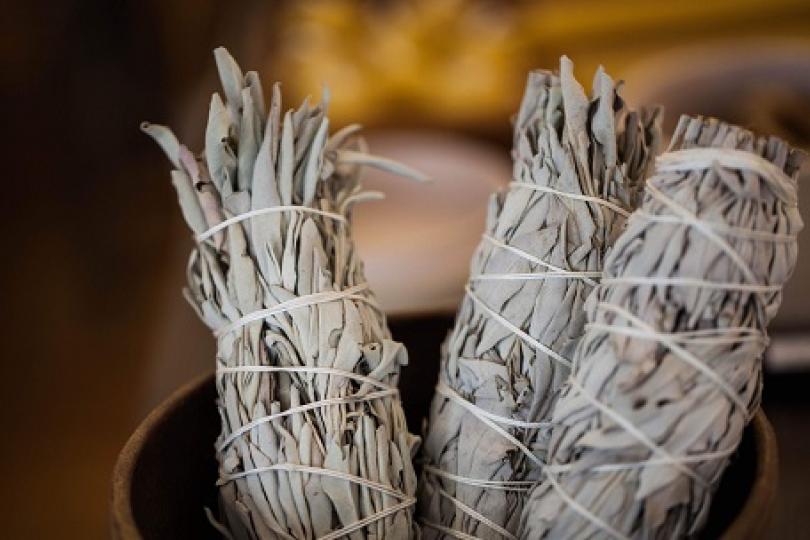Jensen quoted about commodification of white sage
The Los Angeles Daily News quoted Nick Jensen on the commodification of white sage in their Jan 2022 story: Why growing white sage can benefit your garden, pollinators and the region. The following is an excerpt from the story:
With a habitat that covers much of Southern California and extends into Baja California, white sage is essential to the region. The fragrant shrub attracts pollinators. Its seeds provide sustenance for some birds and its foliage can help shelter small animals. It’s also deeply significant to many Native American people in Southern California, where it is used in medicinal, cultural and spiritual practices.
Right now, though, white sage is in a precarious position. Human development has left the plant with less room to grow and a global trend for burning it like incense and using it in scented products has resulted in unsustainable harvesting practices and poaching. There’s something many Southern Californians can do to help white sage thrive, though. You can grow it at home.
... [By] growing your own white sage, you can help replenish populations that have dwindled as a result of careless human actions.
When you think of plant poaching, your mind might jump to Susan Orlean’s 1998 bestseller “The Orchid Thief,” but the issue extends beyond that particular flower. For the California Native Plant Society, plant poaching is an issue they have been working to address. They were active in building support for AB 223, the California bill to protect dudleya that was signed into law by Governor Gavin Newsom in September.
“This is a problem with our relationship with nature, the idea that wild species are easily turned into commodities,” says Nick Jensen, conservation program director for California Native Plant Society. “It’s, in a lot of ways, putting plants at risk for the gain of a small number of people.”
Following the success of the dudleya campaign, CNPS has been collaborating with Native American groups in Southern California to address the issues surrounding white sage.

